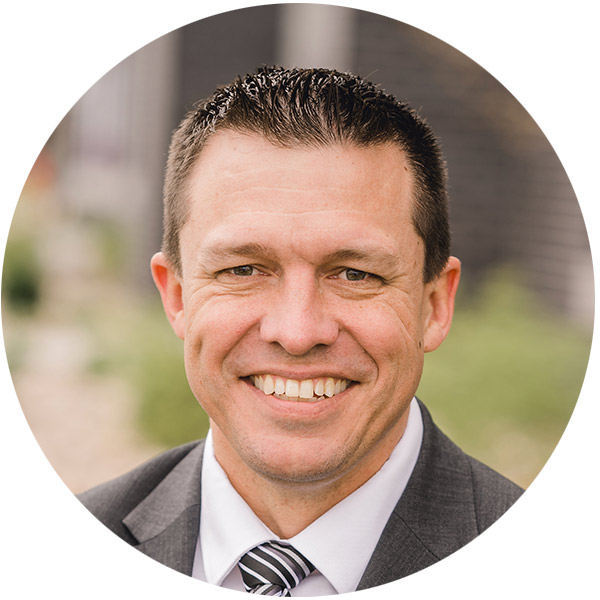Microschools. You may have heard of them. But many don’t exactly know what they are. Don’t worry. This article will help fill you in on these amazing schools.
Microschools have become a catch-all term for the variety of school models. Though they have existed for over 20 years, they have rose in popularity due to the Covid 19 shutdowns.
What is a Microschool?
Microschools are typically low-cost private schools. They range in size and feel. Some look similar to homeschool co-ops, operating out of homes. Others look more like a small private school, with enrollment over 100 students.
But all of these schools have one thing in common, they are doing something different from traditional schools. Some focus on keeping student to teacher ratios low. Some only have a student body of ten to fifteen students. Others focus on individualizing education, meeting with students one-on-on to regularly set goals. Students are then free to go as fast or slow as they need.
Some microschools spend most of their time outdoors. While they are teaching in a similar manner to a traditional school. The natural setting helps students to remember what they learned. Some are homeschool supplements meeting twice a week to support families who can’t fully homeschool their children.
Because of their small nature, these schools are flexible. They are able to adjust their curriculum, pacing, or approach quickly. These changes are crucial to helping students accelerate learning.
Here are some Examples
Breakout School is a microschool specifically designed for students with ADHD or Autism. Its founder Dal Richardson believes that both of these diagnoses are his student’s superpowers. Unlike a traditional school, Breakout School spends 80-90% of their day outside. Dr. Richardson reports that most of these students hate school when they come to him. But after experiencing his unique approach, they leave his school with a new found love of learning. His approach allows students to go at their own speed and take breaks as needed. This method allows his students to thrive and when they return to traditional schools they excel academically.
Family Lyceum is a homeschool supplement designed to provide families with the sense of community they may have received from a traditional school. Renae Zentz founded her school to support families similar to hers, those who wanted to individualize their child’s education, while still having a community to work with. Her unique approach allows working families to homeschool, while being supported by Family Lyceum.
Slope School, Choice Academy, and Acton St. George are all Acton Academies. These schools emphasize individualizing education for students. Students are responsible for their own learning, but use adult guides to set and achieve their goals. Together with their parents, students decide what curriculum they will use and what topics they will study. The mornings are often dedicated to math and reading time, and the afternoons allow students to follow their passions. Students are also responsible for all of the rules. The guides check in with students regularly, but they do not micromanage the child’s learning. Rather, the guides help the student brainstorm ways to learn the information on their own.
Microschools exist all over the state and nation. More parents are choosing them as the main way to educate their children. I personally have a few kids participating in a microschool. In fact, one in ten parents are choosing microschools across the nation. You should check out the microschool options in your neighborhood. You may find the perfect fit for your child.






